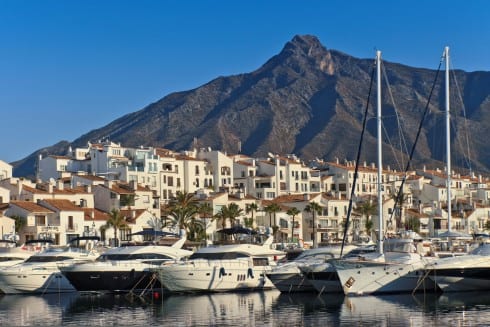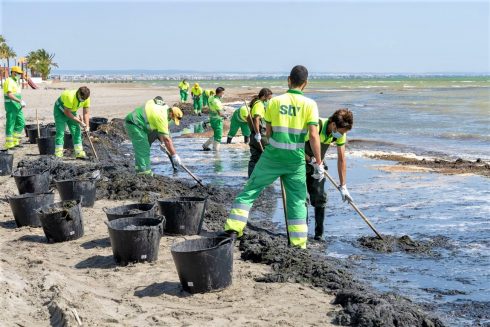Following news Spain will introduce an 8 per cent minimum use of biofuels in vehicles by 2008, fast-food chain McDonalds has scored PR points by announcing its vehicles will run on recycled cooking oil. But will it save the planet? Fat chance, claims Tony Juniper.
THE fast-food chain McDonalds has said it will convert its 155 vehicles to run on vegetable oil, including the waste oil generated from its restaurants. Seems like a good idea – or is it?
Well, apart from anything else, it is a sign of the times. The ever more crowded bandwagon of going low carbon has a variety of players on board, some serious and making real efforts, others looking for easy PR to help prop up brands that are vulnerable to public condemnation because of their impact on the planet. So what does this all mean from McDonalds?
Green PR
The firm says using the old chip fat to run its vehicles will save about 1,650 tonnes of carbon per year. Chip fat is at the good end of a decidedly worrying spectrum of possible sources for biofuels, and is an emissions’ saving that is worth having. But what they did not do, as far as I am aware, was to publish a long-term reduction target that matches the latest science. Is the firm still planning to grow, and if so, what will that mean for overall emissions into the future?
If this worthwhile but modest cut is set against an increase linked to expansion of the business, then we could be no better-off, even though the firm has got some greener PR gloss on its brand. Businesses like McDonalds, Tesco and Shell are geared up for endless expansion, and the green statements they and others now regularly make need to be viewed in that context.
Further action
This is not to say that individual positive actions are unwelcome. Of course, steps toward greener business are vital and help set the scene for greener consumers, but the issue we must not lose sight of is how much we need to cut emissions and by when.
And this, I think, is the real danger.
We become mesmerised by the PR and the stories that spin off from each of the latest eye-catching green initiatives while losing sight of the bigger and more important picture that relates to our general direction of travel.
As we take our attention from where we are going, and, instead, look at the scenery (and this is a bit more of it today), then the chances of us finishing up the right place could actually diminish.
The fact is we need to put in place measures now that will quickly get us on a path to cut emissions by at least 80 per cent by 2050. How all the latest low-carbon initiatives from business will deliver on that is most unclear – and yet it is that clarity that is now urgently needed if we are to avoid the worst effects of global warming.
So from where can that clear view of future action come?
I have reached the conclusion it is only governments that can set the scene for long-term, sustained action that will deliver the goods. Chip fat-powered vans can be a part of that solution, but will not do what is needed on their own. Neither will any other single step. Instead, the individual actions need to be arranged on a path going in the right direction and at the right speed. At the moment, we have neither the path nor the speed set out.
McDonalds says it is “delighted” to be putting its chip fat to this use, and I welcome it as a positive step. It is not, however, a solution to the most pressing challenge facing our world. If we are going to take action in time, we need signals, rules and incentives put in place by governments.
I wonder if McDonalds would like to advocate that approach too?
A letter to Gordon Brown calling for the new climate change bill to be turned into a strong, science-based law would be a great first step. I look forward to seeing their press release on that in due course. I wonder, moreover, if they would like to advocate a similar approach back home in the US, and to tell George Bush about the limitations of many of the sources of biofuel he is pushing.
Tony Juniper is a director of environment group Friends of the Earth. Visit www.foe.co.uk






